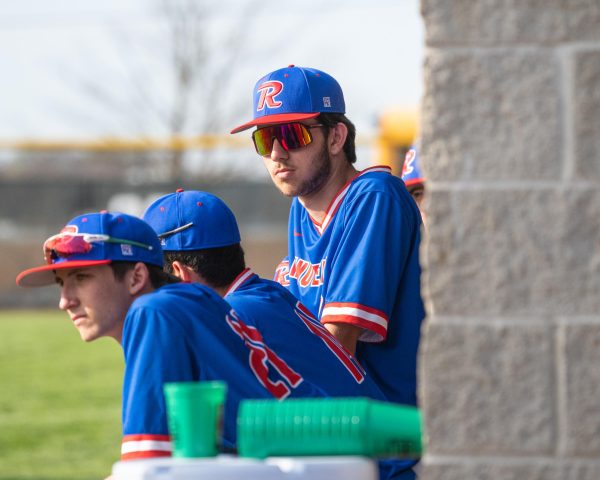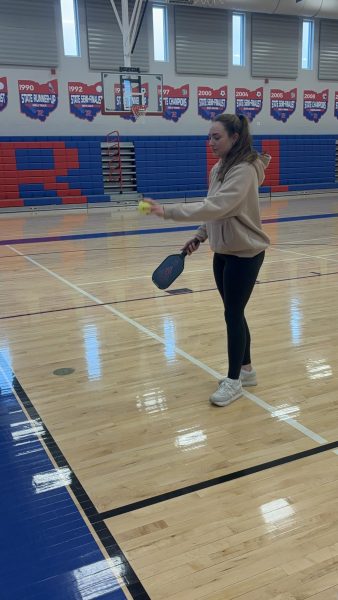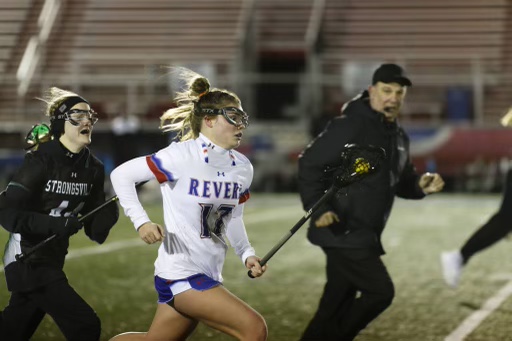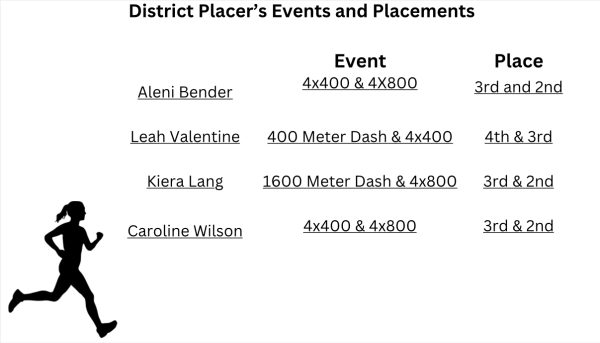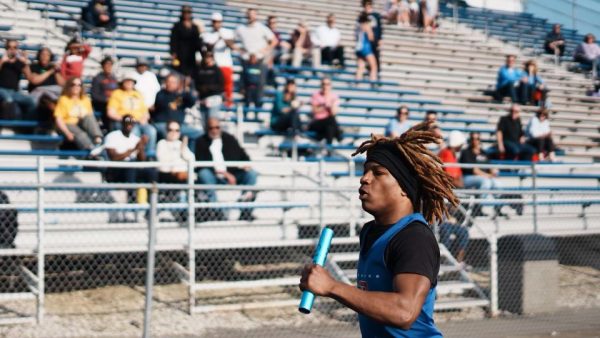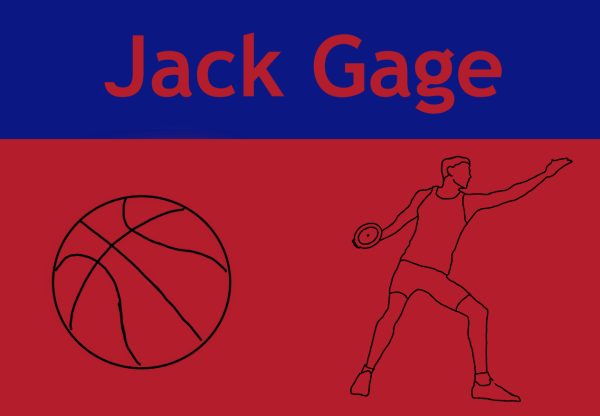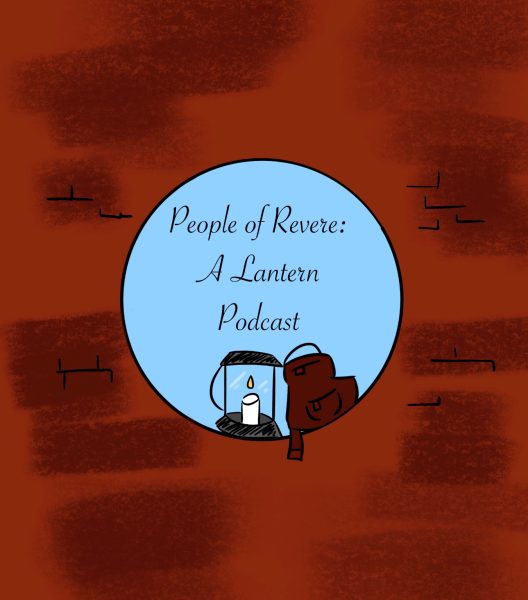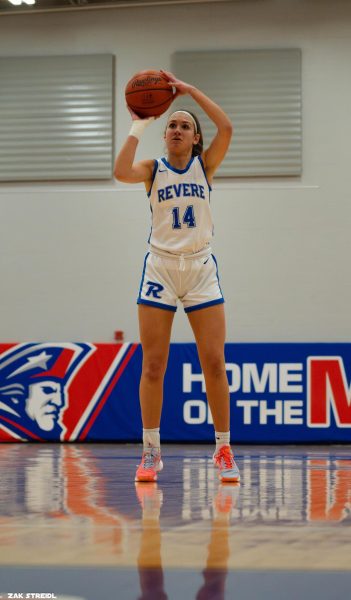High school athletes make good employees later in life
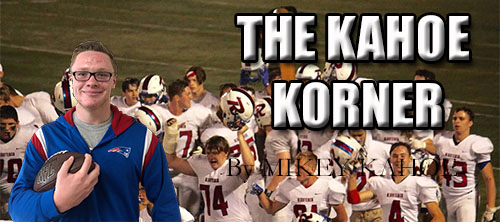
Playing high school sports not only improves students short term health and wellness, it affects their career performance much later in life. High school athletes are competitive, hard working and know how to fail. These qualities produce better, more successful employees.
The correlation between playing sports as a kid and being successful in one’s career has been studied and proven. Oppenheimer, a mutual fund company, conducted a study in 2002 which examined how playing sports affected women in their careers. They found that 82% of women in executive level jobs played sports after elementary school. A study published by the Journal of Leadership and Organizational Studies found that “people expect former student-athletes to display significantly more leadership, self-confidence, and self-respect than those who were active outside of sports—such as being in the band or on the yearbook staff.”
Another study published in the journal showed that former athletes also achieved more high status careers than their non athlete counterparts. The qualities learned and practiced playing high school sports are the reason many athletes are so successful.
One of the most obvious qualities exhibited in athletes is competitiveness. Although it is unclear if sports attract or create competitive people, it is clear most athletes are competitive. That competitiveness directly translates to performance in jobs later in life.
Daniel Flanagan, Revere sports alumnus and sales manager at Group Management Services spoke about the correlation between competitiveness in sports and in sales.
“[Competitiveness] is something that is probably most transferrable. I view sales or running a sales team as my sport. Instead of playing a game that I love I am making a living doing something I love,” Flanagan said.
Whether it is competing with co-workers for employee of the month or fighting over a potential client with a competitor, having a desire to crush the competition is a good quality to have in any workplace.
Athletes also tend to be hardworking. If they are not, then they will likely lose or not play at all. The ability to work hard transfers to almost any job. Patrick DiCaprio, high school athlete and ninth grade English teacher, spoke about hard work and how it affects both sports and the workplace.
“It’s about working for that person next to you. . . . In sports you see it in the result of the play or game or drill. At work the product isn’t as clear,” DiCaprio said.
Being known as a hard worker is a great way to be promoted in a career, and sports teach people how to work hard. The ability to deal with failure is a hard skill to learn. High school athletes develop this skill every time they get back to work after a tough loss.
Dicaprio commented on the importance of learning how to fail.
“Athletes deal with failure more than the general public. . . . Kids need to experience those struggles to learn how to manage and cope with failure, because they will have to cope and manage failure at some point in life,” DiCaprio said.
Learning to fail forward is the most important lesson someone can learn from high school sports. It is the skill that makes the difference between quitting and pushing on to become the best.
Flanagan related failures experienced playing sports to the struggles a salesperson goes through.
“In sports, [it] doesn’t matter what sport it is, you are going to experience defeat, loss, [and] you’re going to get knocked down and it’s how you get back up that matters. In business or in sales, it isn’t any different. . . . It is how you respond to that adversity that you experience,” Flanagan said.
The environment in high school sports fosters skills that help people much later in life.

